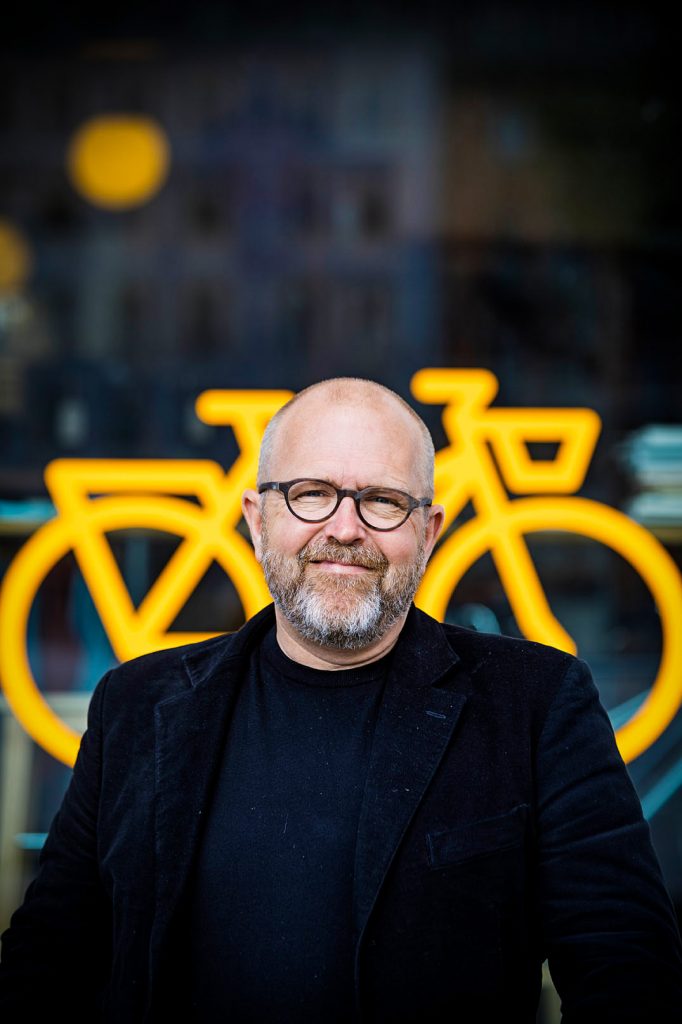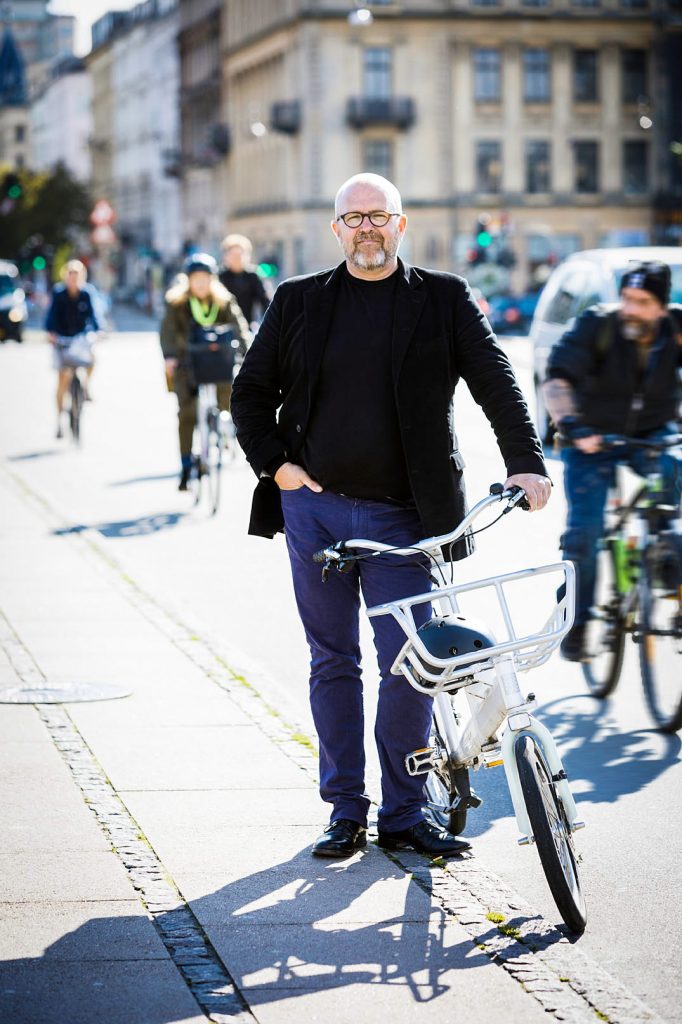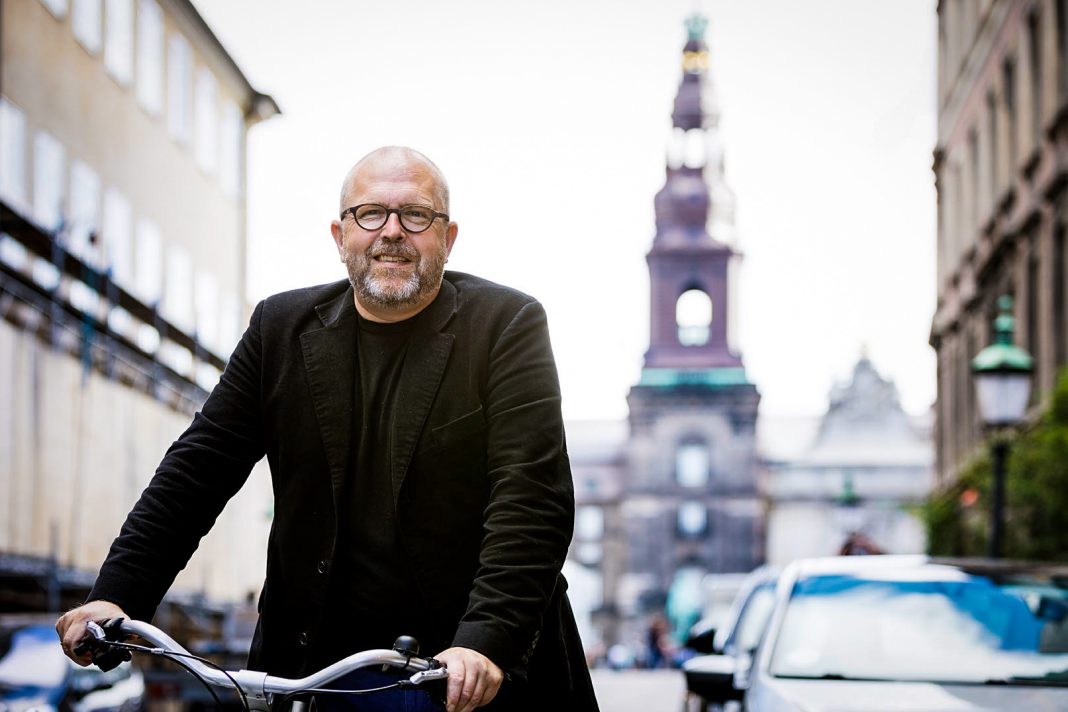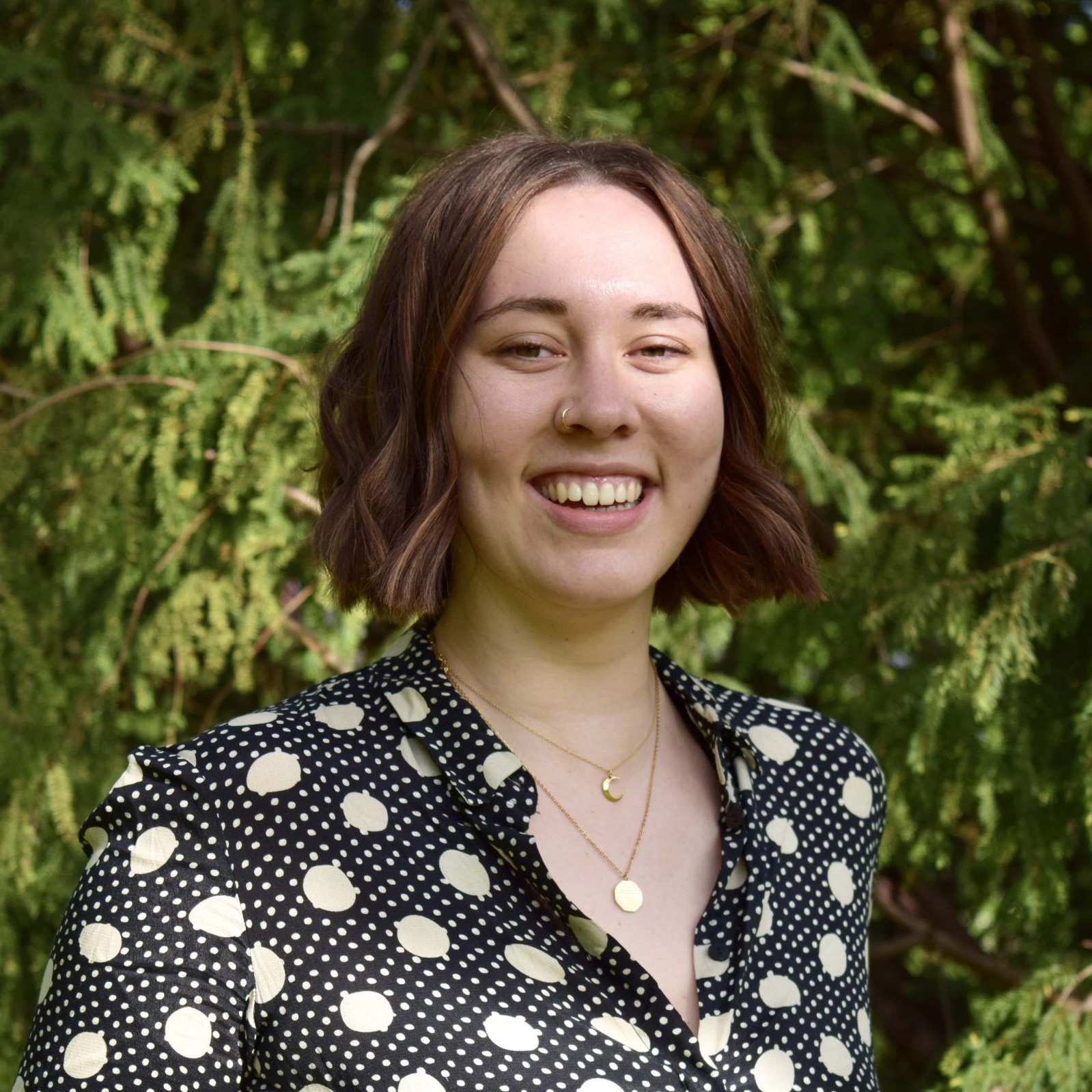Growing up in an established cycling culture, Klaus Bondam never thought of cycling as something political – that is until he got elected to Copenhagen’s City Council. We sat down with him to hear more about his achievements in politics and why he quit his successful acting career to become a politician.
Growing Up With Danish Cycling Culture

Klaus was born in Denmark, where cycling is an omnipresent form of transportation that is used by almost everyone. Thus, the reasoning for his interest in cycling has barely anything to do with him as an individual but rather with the Danish cycling culture.
While growing up, cycling was an integrated part of his life. Being the youngest of five siblings, living in the countryside meant that his parents couldn’t always drive him to the next village or his friends. Hence, he quickly realized “that the bike gave [him] an enormous radius” and freedom.
This attitude did not change when moving to Copenhagen as a young adult. Even though Copenhagen’s cycling infrastructure was nothing then compared to how it is now, the bicycle remained the obvious choice for Klaus: “When cycling is an integrated part of your childhood and your adolescence, then cycling in your adult life becomes a completely equal choice of mobility”.
Quitting Acting for Politics
Klaus studied acting at the Drama School at Odense Theatre and soon started a successful career in acting, being featured in several movies such as Festen (‘The Celebration’) and appearances in different TV series. He even co-wrote the Danish movie blockbuster ‘En kort, en lang’ (‘Shake it all about’). So why quit?
One of Klaus’ acting professors from Berlin said something that stuck with him: “Die Welt ein bisschen freundlicher machen”, translating to “Making the world a little bit kinder”. Klaus recalls this as a turning point because “that’s the point of it,”…
“You’ve got to use your lifetime to try to change as much as you can.”
When becoming the president of a student organization at his university, Klaus quickly realised that he found administration and politics much more interesting than acting. He joined the Danish Social Liberal Party (Radikale Venstre) in 1997 and was elected to the City Council of Copenhagen in 2002.
Starting out, he wasn’t involved in cycling-related issues but soon realised how important the bike actually is and that it is in fact political. As one of his colleagues puts it, the bike is like a “Swiss pocket army knife with lots of abilities”. It’s the key tool to many of the cities’ challenges, for instance, traffic congestion, road safety, or public health.
With Stamina for a Cycling-Friendly City
A big political milestone and the chance to change Copenhagen’s cycling infrastructure came with his election as Mayor of the Technical and Environmental Administration of Copenhagen in 2006.
Even though cycling has always been part of the city’s culture, Klaus and his colleagues explicitly put it on the political agenda. Copenhagen started to invest a lot of money into the cycling infrastructure, resulting in many new bike lanes and a strong increase in cyclists’ sense of safety.
Looking back on his time as a Mayor of Technical and Environmental administration, Klaus remembers two distinct achievements he is most proud of. First, he decided to close the Nørrebrogade, a major road in Copenhagen, for passing car traffic, replacing car lanes with wider bicycle tracks and sidewalks.
An incredibly difficult time, Klaus recalls, as many people were opposed to the idea. He got criticised relentlessly not only by car users but also by retailers who were concerned about their sales.
Now, Klaus looks back at these demanding times jokingly: “When I had to go out as a mayor to say, okay, we’re going to move away 200 parking spaces […] they were just hitting me. […] Even political opponents, they were like ‘oh, poor you’”. Klaus was criticised for so many of his politics, they even had a name for it: “Bondam bashing”. Nevertheless, Klaus had a strong political will to persist.
“I’m proud that I had the stamina to stand through that.”
The Bondam Bashing, however, didn’t have a lasting impact, considering “now everybody basically agrees that it was a good idea. Because we created a major road in the city with no through passing car traffic, but it’s a very vibrant street”.
Second, together with the Lord Mayor of Copenhagen at that time, Ritt Bjerregaard, Klaus set the goal for Copenhagen to become the first carbon-neutral city by 2025. Copenhagen hosted the UN Climate Summit in 2009 which Klaus and other politicians took as a steppingstone for drastically lowering the city’s CO2- emissions. Copenhagen has renewed its Climate Plan several times since then. In 2011, Copenhagen had already reduced CO2-emissions by 21% compared to 2005.
Being Hopeful About Politics
Here is a tip: If you ever feel hopeless and cynical about politics, talk to Klaus. He is not only optimistic that cities will find their way and invest in more sustainable development, he has also experienced first-hand how supportive cities can be when learning from each other.
Admitting that change cannot be done without strong political leaders, Klaus carries on with optimism: “We do see this political leadership.” Paris is probably the best example, he asserts referring to Anne Hidalgo, “who really has put her political credibility into this.” Anne Hidalgo, the Parisian mayor, has committed to turning Paris into a bike-friendly and green city.
When it comes to political opposition, Klaus is staying confident as well, having worked closely with people from different parties. In Denmark, as soon as it comes to cycling and liveability in cities, they agree almost 100%. Setting political differences aside for a greater goal is the real “beauty of politics”.
If you find it hard to believe that conservative parties in your country would work with you on improving cycling infrastructure, Klaus might have the reason for this as well. In a lot of European countries, for instance Germany, Green parties exist. In Denmark, no Green Party has ever existed. Consequently, “all parties, [including] a conservative party in Denmark […] are actually quite strong on the green agenda.”
For him, it all boils down to this common understanding:
“If you are really conservative, or a capitalistic person, you still want a good neighbourhood for your children to grow up in.”
As you can tell, Klaus has found his passion in politics and cycling advocacy. In response to our comment, we all need more politicians like him, he smilingly assures us that they are coming, and he has met them.
From Politics to Advocacy

After ending his political career in 2010, Klaus moved to Brussels, but returned after three years, becoming the Director of the Danish Cyclists’ Federation in 2014 and is still working in that position now, advocating for cycling all over Denmark.
With all his experience in politics and cycling advocacy, Klaus is convinced that “we can, as human beings, decide that we change our habits.” Of course, this doesn’t happen overnight, and it takes patience and a lot of communication efforts. Being pro-bike doesn’t automatically mean being anti-car, Klaus insists. The car is “a really good invention and can contribute a lot to the efficiency of our society. But in an urban context, there are so many alternatives”, and we have to admit, in cities “the car is basically inefficient 95% of the time.”
Klaus’ advice for other CityChangers
In his political career and his work in cycling advocacy, Klaus realised that it’s key to not only advocate for bikes, but for better cities. From an urban leadership point of view, he looks at it as a triangle:
“You have one side of the triangle that is policymaking, you have another side, that is business growth, jobs, money, and then, of course, you have the civil society. And if you can get all those three angles to play together, then I think you are definitely pushing it in the right direction.”
For future politicians and CityChangers, Klaus underlines the importance of political sustainability. Policies need to survive the next generation of your own party and a possible power change with another Mayor from a different political party in charge. Cycling is not only an issue of left-wing parties. It is necessary to put it on the political agenda of every single politician. Work across party lines!
In a Nutshell…
Klaus gave up his acting career for a future in politics and advocacy, which for him was much more interesting and fulfilling. As a politician, he had the much-needed stamina to enforce unpopular policies that helped make Copenhagen the cycling city it is today. An accomplishment he achieved with the openness to work with people across party lines and an assertiveness on how beneficial his policies will be for the citizen’s daily lives.


